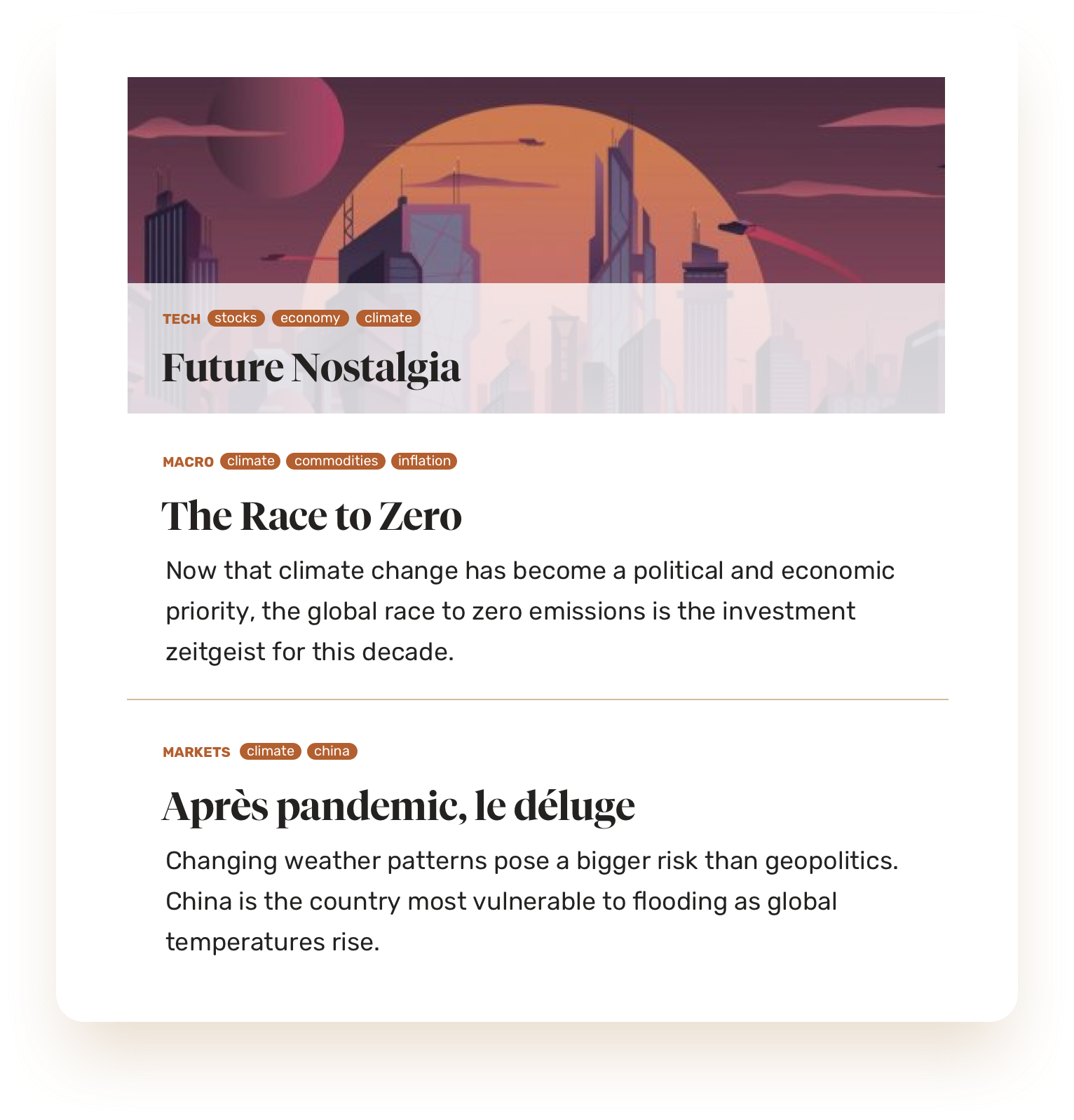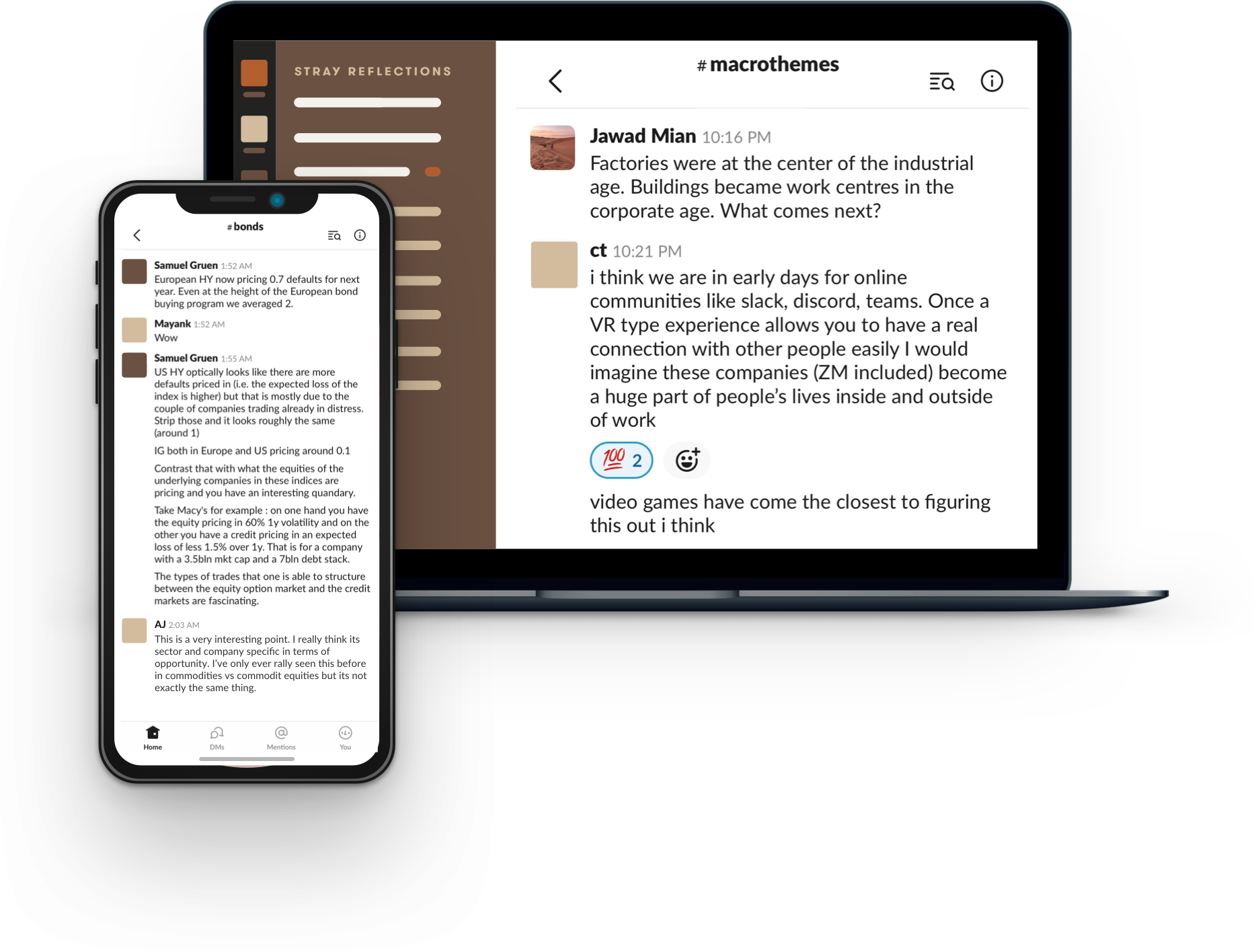“Thank you,” I said, jumping into my Uber ride, but it came out like I was pleading. “I’m late for dinner in Santa Barbara.”
“Wait, what?” the driver looked back, confused. She tapped on her mobile screen and realized that I wasn’t joking. From Santa Monica, where we were, that was a two-hour and thirty-minute journey, maps said. It was peak rush hour.
Before she could change her mind—I could see the hesitation in her eyes—the cars behind honked, obliging her to flow into traffic. “This is the longest ride I’ve taken,” she said, as we got going.
I thanked her one more time. I told her I’m only going for dinner and that, if she can wait, we can come back together. This relaxed her. As the sun set ahead, I relaxed myself as well, hoping to get some sleep. I was severely jet lagged.
“What does Jawad mean?”
I opened my eyes, not knowing if I had rested for fifteen minutes or fifty.
“Well, it’s an Arabic word which could mean a horse, or someone who is generous. What about your name?”
“Xinyi means a joyous soul.”
“Wow, that’s beautiful,” I said, suddenly feeling refreshed. “I love it.”
Xinyi reached to her side and pulled out a notebook. She passed it back to me, “This is a gratitude journal. I request all passengers to spare a thought. It’s anonymous so you can have a read, and if you feel something you can write too.”
I flipped open the notebook and landed on a page that read, “Thankful to people that give others the benefit of doubt when conflicts happen.” I thought of all the times I wrongly assumed the worst of someone. Here was a reminder to be patient in understanding.
This is such a great idea, I thought.
Xinyi told me she started gratitude journaling a few years ago when she was going through a rough time in her life. By practicing daily, she realized that it gradually changed the way she perceived situations by adjusting what she focused on. It helped her develop a positive frame of mind. “Every day is a good day, at least in a small way,” she said, looking over her shoulder to me.
Then came the idea to start a journal for others to develop the habit. “The energy completely resets in the car,” she said, with positivity and truth laced in her voice.
She was right. I felt calm and stillness as I peered out the window, reflecting upon the things I’m thankful for.
“You have lived up to your name,” I said.
The drive to Santa Barbara and back was special. Xinyi told me about her childhood in Heibi province in China, the emotional torture she suffered at the hand of her sadistic parents, her escaping to America for studies, the meditation retreat that saved her life, Buddhism, and love of great teachers from all traditions. Xinyi is only thirty-two, but she lived and traveled far, both inwardly and outwardly—and she cared so deeply to share her wisdom with me. It was the best car ride of my life.
Before I stepped out, I jotted down my thought in her gratitude book, as she requested: “Thankful to parents. Good or bad. We are a sum total of our experiences. We are who we are today because of them.”
I’ll never be able to understand what Xinyi’s been through, but I know that she would not be on this beautiful path otherwise—and this is what is most precious.
“Would you rather give this up in exchange for their love?” I asked, as she read my entry. It was her greatest longing.
She shook her head. “Why can’t I have both?”
“Maybe because you will go on to relate to people and impact them in ways no one else can. Love can only be perfected in pain—and once perfected, lights other hearts.”
A week later, Xinyi sent me a text, “I wanted you to know I’ve started a book for daily repentance. I’ve forgiven my parents for the way they treated me, but the memories burn in my heart still. I want to wash it away and live fully in the present. Thank you for encouraging me.”


Photo: Unsplash






